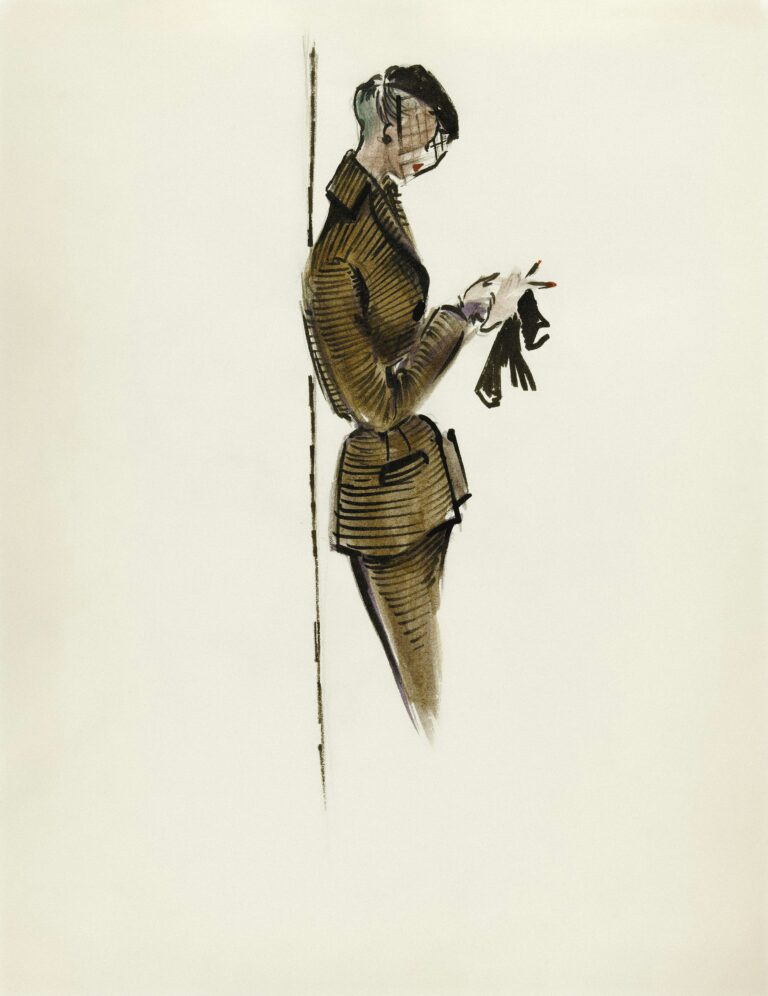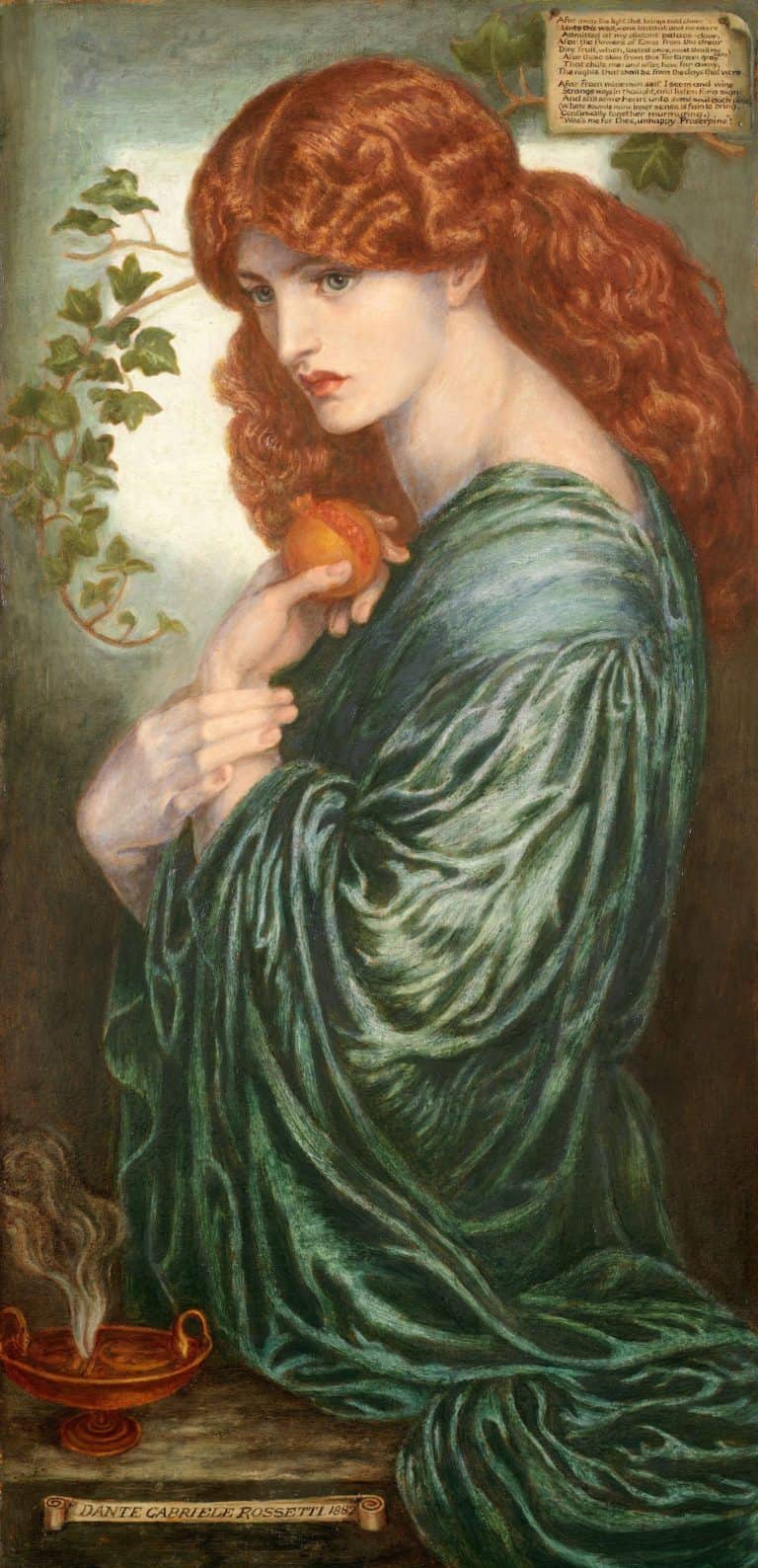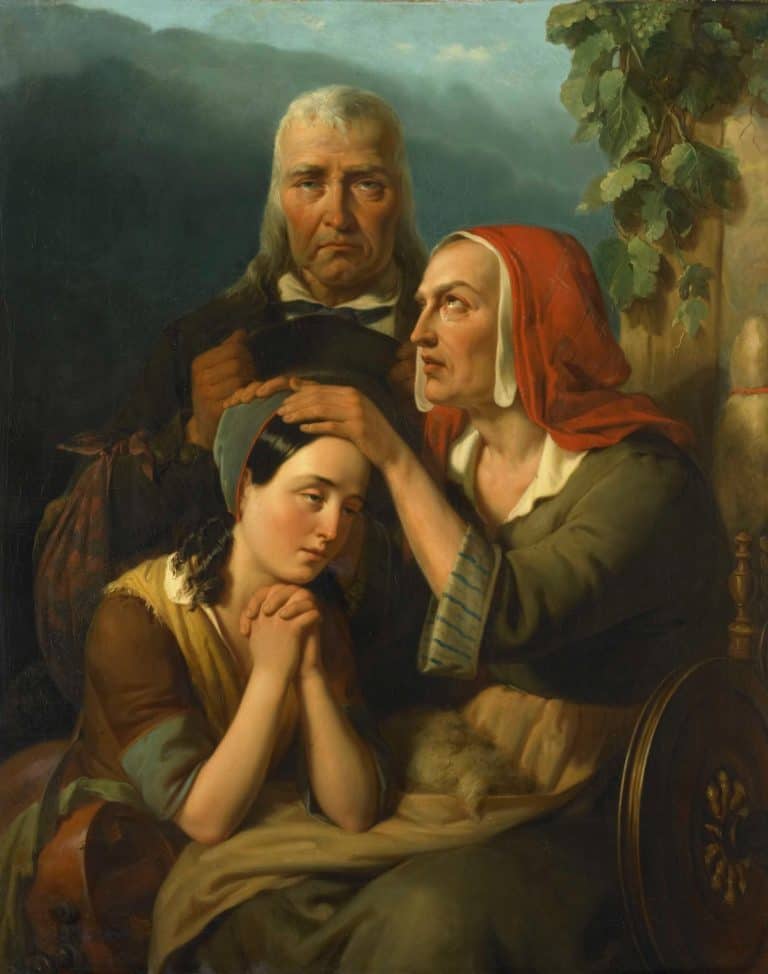Caffeine OCD: Does It Make OCD Worse?

In the world of rituals and routines, where every moment is a delicate balance between order and chaos, there exists a tantalizing intersection: Obsessive-Compulsive Disorder (OCD) and coffee.
Imagine a universe where the aroma of freshly brewed coffee ignites not just the senses, but also the intricate patterns of the mind. Welcome to the electrifying realm where the ritual of coffee collides with the complexities of OCD, where each sip is a daring exploration of the psyche.
Join me as we embark on a journey into the captivating narrative of caffeine OCD, where every cup holds the promise of revelation, and every moment is infused with the thrill of discovery
So, grab your favourite brew and prepare to dive deep into the exhilarating world of OCD and coffee—a journey where every ritualized sip unveils a new layer of intrigue and insight.
Impact of Caffeine on Anxiety Levels in OCD
Physiological Response to Caffeine
Caffeine, a widely consumed stimulant found in various beverages and medications, stimulates the release of adrenaline and cortisol in the body, hormones associated with the stress response.
In individuals with OCD specifically and other mental health disorders such as panic disorder, anxiety disorder and other psychiatric disorders this physiological reaction to caffeine can exacerbate feelings of anxiety and agitation.
Sensitivity to Caffeine in OCD
Individuals with OCD may be particularly sensitive to the anxiogenic effects of caffeine due to underlying anxiety disorders.
The stimulating properties of caffeine can amplify feelings of nervousness, restlessness, and tension, especially in those prone to heightened anxiety.
Impact of Caffeine on Obsessive Thoughts
Caffeine consumption such as drinking coffee may intensify obsessive thoughts or intrusive thoughts in individuals with OCD.
The heightened arousal and sensitivity induced by caffeine can increase the frequency and intensity of obsessions, making OCD symptoms worse.
Timing and Amount of Caffeine Consumption
The timing and amount of caffeine consumed can influence its impact on anxiety levels in individuals with OCD.
Consuming too much coffee or drinking caffeinated beverages such as energy drinks later in the day may disrupt sleep patterns, exacerbating feelings of anxiety while increasing the likelihood of panic attacks.
Individual Variability and Considerations
The response to caffeine varies among individuals, and factors such as tolerance, sensitivity, and overall health can influence its effects on anxiety levels in individuals with OCD.
This is found in a recent study (dextroamphetamine versus caffeine augmentation) where individuals were being observed for caffeine sensitivity and how caffeine affect(s) treatment resistant obsessive compulsive disorder
It’s essential for individuals with OCD to monitor their caffeine intake (any caffeine group) and consult with a healthcare professional to make informed decisions about caffeine consumption and its potential impact on their OCD symptoms and overall well-being.
Influence of Caffeine on Obsessive Thoughts and Compulsive Behaviors
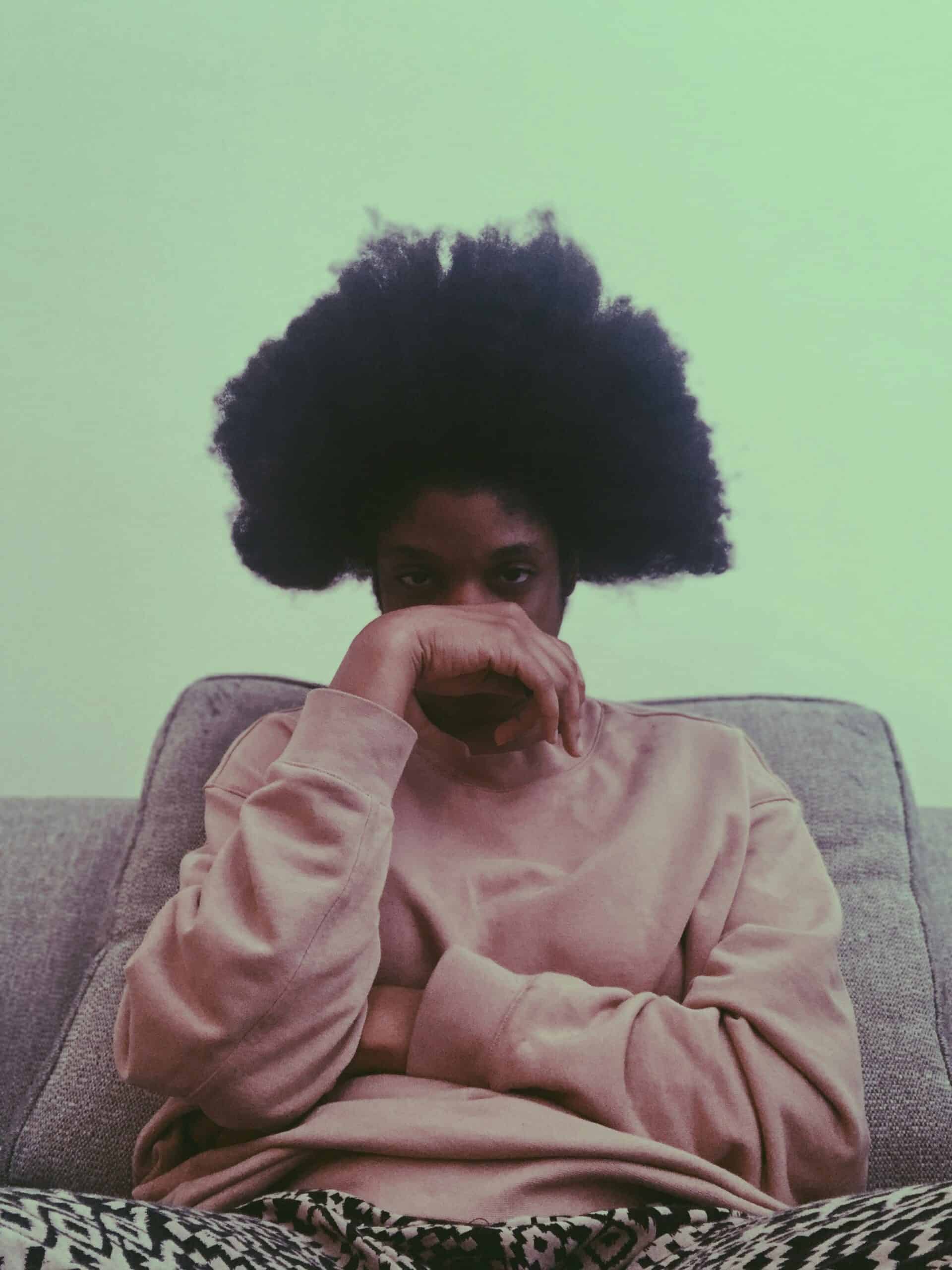
Amplification of Obsessive Thoughts
Caffeine consumption can exacerbate obsessive thoughts or intrusive thoughts in individuals with Obsessive-Compulsive Disorder (OCD).
The stimulating effects of caffeine may increase arousal and sensitivity, leading to heightened awareness of intrusive thoughts and greater preoccupation with obsessive concerns.
Intensification of Compulsive Behaviors
Individuals with OCD may experience an intensification of compulsive behaviors following caffeine consumption.
The heightened arousal and agitation induced by caffeine can contribute to a sense of urgency or compulsion to engage in repetitive rituals or behaviors aimed at reducing anxiety and distress associated with obsessive thoughts.
Disruption of Cognitive Control
Caffeine’s impact on cognitive function, such as increased alertness and arousal, may disrupt the ability to exert cognitive control over obsessive thoughts and compulsive behaviors in individuals with OCD.
This can result in difficulty resisting the urge to engage in compulsions or maintaining focus on tasks, further perpetuating the cycle of OCD symptoms.
Interference with Exposure Therapy
Exposure and Response Prevention (ERP), a common treatment for OCD, involves gradually exposing individuals to feared stimuli or situations while refraining from engaging in compulsive behaviors.
However, caffeine consumption may interfere with the effectiveness of ERP by heightening anxiety levels and increasing the frequency or intensity of obsessive thoughts and compulsive urges during exposure exercises.
Individual Variability and Considerations
The influence of caffeine on obsessive thoughts and compulsive behaviors in individuals with OCD can vary based on factors such as sensitivity to caffeine, overall anxiety levels, and individual response to stimulants.
It’s important for individuals with OCD to monitor their caffeine intake and consider its potential impact on their symptoms, particularly when undergoing treatment or engaging in exposure therapy.
Consulting with a healthcare professional can help individuals make informed decisions about caffeine consumption and its role in managing OCD symptoms.
Caffeine Consumption Patterns and Ritualistic Behaviors in OCD
Establishment of Rituals Around Caffeine Intake
Individuals with OCD may develop rituals or routines around caffeine consumption as part of their overall symptomatology.
These rituals can include specific methods of preparing or consuming caffeinated beverages, precise timing of caffeine intake, or adherence to strict rules regarding caffeine consumption.
Compulsive Monitoring of Caffeine Intake
Individuals with OCD may engage in compulsive monitoring of their caffeine intake, meticulously tracking the amount and timing of consumption to ensure adherence to self-imposed rules or rituals.
This compulsive monitoring can contribute to increased anxiety and preoccupation with caffeine withdrawal.
Avoidance of Caffeine as a Trigger
Some individuals with OCD may avoid consuming caffeine altogether or limit their intake as a means of avoiding potential triggers for obsessive thoughts or compulsive behaviors.
This avoidance behavior may stem from a belief that caffeine affects will exacerbate anxiety or interfere with their ability to control obsessive-compulsive symptoms.
Integration of Caffeine Rituals into Overall Symptomatology
Ritualistic behaviors related to caffeine consumption may become integrated into the individual’s overall symptomatology of OCD, reinforcing existing patterns of avoidance, anxiety, and compulsivity.
These rituals can serve as coping mechanisms or attempts to exert control over anxiety-provoking situations.
Impact on Daily Functioning
The presence of caffeine-related rituals and compulsive behaviors can impact daily functioning and quality of life for individuals with OCD.
Excessive time and energy devoted to caffeine-related rituals may interfere with work, social activities, or relationships, leading to impairment in various areas of life.
Role of Caffeine in Maintenance of OCD Symptoms
Caffeine consumption (drink coffee) patterns and associated rituals may contribute to the maintenance of OCD symptoms by reinforcing compulsive behaviors and avoidance strategies.
Breaking free from caffeine-related rituals may be challenging but can be an important step in reducing overall symptom severity and improving functioning.
Role of Caffeine in Sleep Disturbances and OCD Symptoms
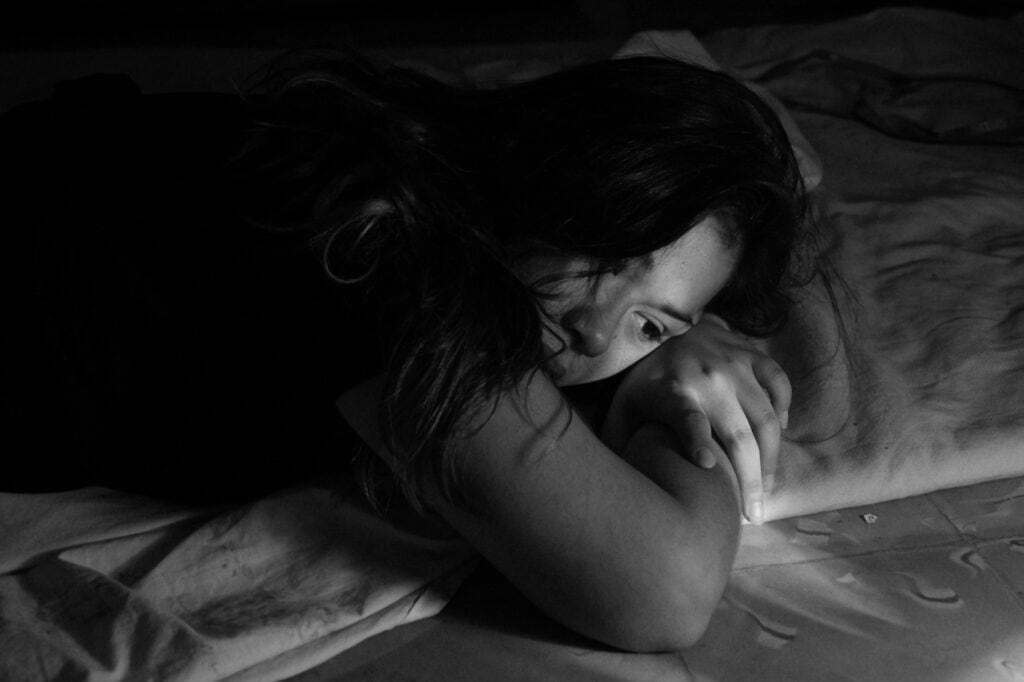
Disruption of Sleep Patterns
Caffeine, a central nervous system stimulant, can disrupt sleep patterns by delaying the onset of sleep, reducing total sleep time, and impairing sleep quality.
Individuals with Obsessive-Compulsive Disorder (OCD) may be particularly susceptible to the effects of caffeine on sleep due to underlying anxiety and hyperarousal.
Exacerbation of Anxiety Symptoms
Sleep disturbances induced by caffeine consumption can exacerbate symptoms of anxiety in individuals with OCD.
Poor sleep quality, fragmented sleep, and insufficient sleep duration can increase feelings of restlessness, irritability, and anxiety, contributing to the overall severity of OCD symptoms and anxiety disorders
Impact on Obsessive Thoughts and Compulsive Behaviors
Sleep deprivation resulting from caffeine consumption can impair cognitive function and exacerbate obsessive thoughts and compulsive behaviors in individuals with OCD.
Reduced cognitive control and increased emotional reactivity associated with sleep disturbances may lead to heightened levels of anxiety and greater difficulty managing OCD symptoms effectively.
Sleep Disturbances
Sleep disturbances resulting from caffeine consumption may interfere with treatment efforts for OCD, including cognitive-behavioral therapy (CBT) and exposure and response prevention (ERP).
Poor sleep quality and fatigue can diminish cognitive functioning and impair engagement in therapeutic activities, reducing the effectiveness of interventions aimed at reducing OCD symptoms.
Final Verdict – Caffeine OCD
In wrapping up our exploration of the intricate relationship between OCD and coffee, it’s evident that the connection runs deeper than meets the eye. From the stimulating effects of caffeine to the comforting rituals associated with brewing and sipping, coffee intertwines with the complexities of obsessive-compulsive disorder in both subtle and profound ways.
We’ve uncovered how caffeine can influence anxiety levels and obsessive thoughts, while also delving into the rituals and routines that coffee consumption may engender. Yet, amidst this exploration, one thing remains clear: the relationship between OCD and coffee is multifaceted, nuanced, and deeply personal.



